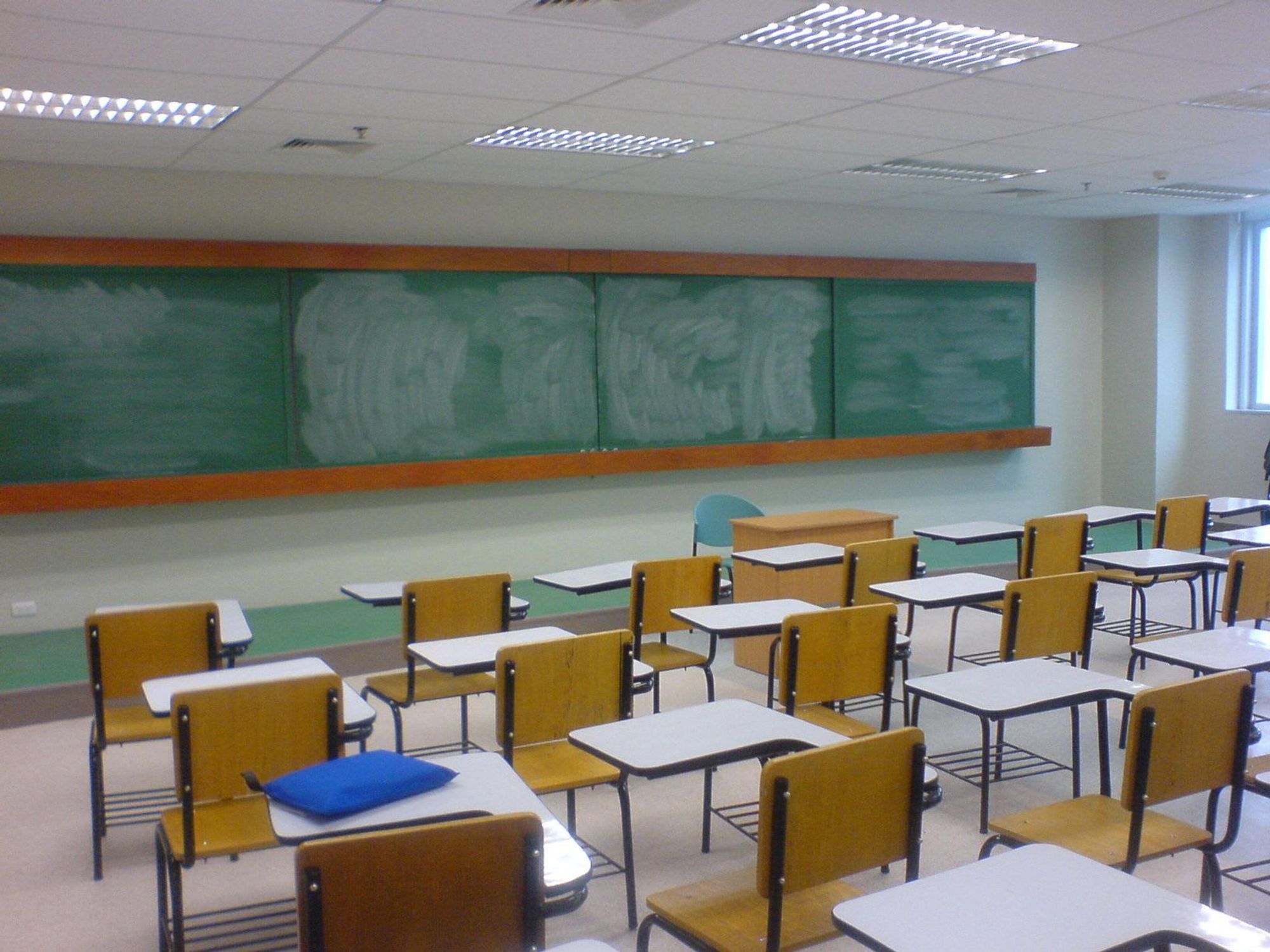leadership austin
Why college access, affordability and success are key to Texas economy

Editor's note: CultureMap Austin partners with Leadership Austin — the region's premier provider of civic and community leadership development — in this on-going series of editorial columns meant to inform Austinites about issues facing our city. The opinions of Leadership Austin alumni and faculty members are their own, and do not represent an official position of CultureMap or Leadership Austin.
Change in the landscape of Texas higher education is inevitable.
And how we address that change will significantly shape the economic fortunes of our state — for better or for worse.
Higher education officials in this state are keenly aware of how Texas’ workforce will shift over the coming years.
We know that many more jobs in the future will require greater technical skills and that the demand for an increasingly educated labor pool will be essential if the state is to thrive in the 21st century marketplace.
That means Texas will have to do a better job of bringing more students into the higher education fold, and then it must successfully guide those students toward a degree.
Against a backdrop of a fast-changing demographic that is experiencing growing ethnic populations — particularly those that historically have been underrepresented in higher education — it is clear to college and university leaders that our game plan must include efforts focused on enrolling and retaining more minority students.
Young Hispanics, which already account for a significant portion of the student population in Texas, represent the state’s fastest growing group. And as a group, they lag behind their white counterparts in high school and college graduation rates.
We must ensure access to higher education to all groups and achieve that in a way that keeps costs affordable for those groups that are over-represented among the economically disadvantaged.
It doesn’t require much linear thought to foresee the ethnic makeup of Texas’ next-generation workforce — or what consequences may befall the state if that workforce isn’t sufficiently prepared to handle jobs that will be more reliant on technology than they are today.
One way we can work to that end is to provide better guidance and more academic support to those students who need it most so that we improve their chances for timely success once they make their way into college.
At Texas State University, we’ve beefed up our academic advising, mentoring and counseling efforts so that we are reaching more students — and with greater frequency — in one-on-one interactions.
We use advisors, peer and faculty mentors, guidance counselors and academic coaches through our Personalized Academic and Career Exploration (PACE) Center to bolster the productivity of our students, particularly freshmen, as those are the most challenging to retain for their sophomore year.
In fact, these interactions among students, peers, faculty and advisors rival those more typical at small, private colleges. And we are accomplishing this as the state’s fifth-largest university. One way we gauge our success is by our graduation rate, which is fifth-highest among the 38 public universities in Texas.
These intensified efforts, coupled with focused career exploration and counseling, sharpen the outlook of students so that they become more engaged academically and better informed to chart a clearer path toward a degree.
This makes students less inclined to change majors, and saves them time and money in their pursuit of a degree.
Through peer mentoring we not only are helping students in need of academic support, we are helping other students master an academic discipline – and perhaps providing an important window into a career as an academic counselor or faculty member.
As an Emerging Research University, we also are expanding opportunities in research — and not just at the graduate level. We know that engaging undergraduates in research activities makes them more connected to their studies and leads to better academic outcomes.
These aren’t necessarily novel approaches, but they require commitment and resources, with the latter becoming a growing challenge for many colleges and universities.
Certainly, Texas’ slow recovering economy puts a strain on a university’s resources.
But even in times of uncertainty, with so much at stake for our students and our state, can we afford not to make these commitments?
---
Denise M. Trauth began her tenure as President of Texas State University in August 2002. Dr. Trauth is very active both in civic projects in Central Texas and in higher education organizations on the state and national levels including the Austin Area Research Organization, KLRU, Southwest Research Institute, United Way Capital Area, Greater San Marcos Partnership and the Philosophical Society of Texas. Dr. Trauth earned her Bachelor of Arts at the College of Mount St. Joseph, her Master of Arts at The Ohio State University and her Ph.D. at The University of Iowa.
